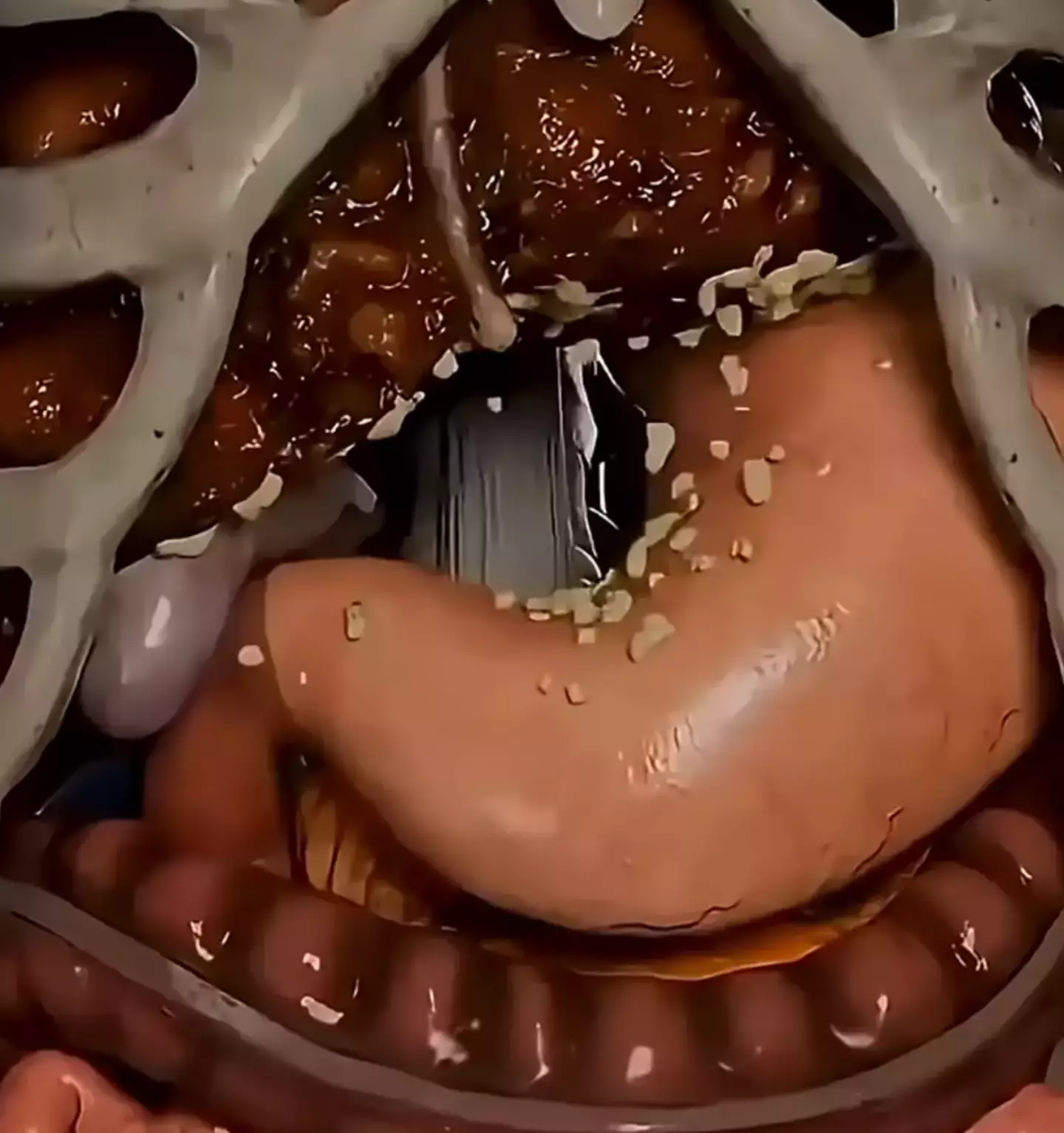
Dieting and trying out new ways to help the body lose weight has seen various trends over the years, with fasting remaining as one of the most common methods.
Fasting, and cutting out food for a period of time, has often been praised as having health benefits including cleansing the body and helping to kickstart a metabolism, but it can also have an impact on the body.
Some fasts are intermittent and last for a few hours, keeping food intake at a controlled time or between set hours, while other more extreme fasts can be 24 or even 48 hours.
Now a scientific breakdown of what happens to the body across a 72 hour fast has explained how the body reacts when food is taken away. It's also important to note that fasting might not be for everyone, and like most fitness-related things, it can vary from person to person, according to News in Health. You're best consulting your doctor if you're ever considering a change in your diet, however temporary.
Advert
The 72 hour breakdown might not be for everyone, and it can come with some serious side effects as the body loses access to nutrients, vitamins and minerals that it needs daily to function.
6 to 10 hours
According to a simulation uploaded to YouTube channel MedBright, changes to the body can be felt early on in a fast. At this point, the body would have used the carbohydrates in your last meal, resulting in your pancreas releasing glucagon.
This can cause your liver and muscles to release stored glucose into the blood, which increases the hunger hormone 'ghrelin', and this can trigger cravings.

More than 10 hours
After ten hours of no food, the body will continue to undergo changes with the pituitary gland feeling it next. This gland, which is located below the brain, boosts the human growth hormone and without food it can push the body into a mini-ketosis.
This stage is where ketone bodies are produced and used, turning fat into fuel as Healthline explains that while this can result in decreased appetite and weight loss, fatigue may also be an outcome and this is typically when energy levels dip.
16 hours
At sixteen hours, the body is now fat burning and using fat in the body for fuel to continue its daily functions. At this stage, 'autophagy' activates, where cells clean themselves by degrading and recycling its own old or unnecessary components, such as protein.
24 to 48 hours
After a day of fasting, you will be feeling the impact of no food. The body's glycogen reserves, where glucose in the body is stored, are now empty and this can result in slowing protein breakdown to protect your muscles.
More than 48 hours
At the two day mark is where people usually cite benefits of fasting as mental clarity is shown to improve, with those that fast for this long claiming they feel calmer, sharper, and even more focused.

72 hours
However after three days of no food, this is where your body starts to break nutrients down more aggressively, as you start to jeopardise your long-term health.
While a fast of this length can lead to initial weight loss, the long-term health benefits are unclear, and some research suggests a prolonged fast can have significant, sometimes negative, impacts on major organs and body.
The bottom line
A fast of this extreme isn't something the experts at Johns Hopkins advise trying, warning: "Longer periods without food, such as 24-, 36-, 48- and 72-hour fasting periods, are not necessarily better for you, and may be dangerous.
"Going too long without eating might actually encourage your body to start storing more fat in response to starvation."
However, there could be some merit in shorter intermittent fasting periods.
"It’s important to check with your doctor before starting intermittent fasting," Johns Hopkins continued.
"Once you get his or her go-ahead, the actual practice is simple. You can pick a daily approach, which restricts daily eating to one six- to eight-hour period each day. For instance, you may choose to try 16/8 fasting: eating for eight hours and fasting for 16."
Johns Hopkins neuroscientist Mark Mattson explained how, after hours without food, the body exhausts its sugar stores and starts burning fat - something that is known as metabolic switching.
“Intermittent fasting contrasts with the normal eating pattern for most Americans, who eat throughout their waking hours,” Mattson said.
“If someone is eating three meals a day, plus snacks, and they’re not exercising, then every time they eat, they’re running on those calories and not burning their fat stores.”
But even this isn't suitable for everyone, so speak to your doctor before making any changes.
Topics: Health
